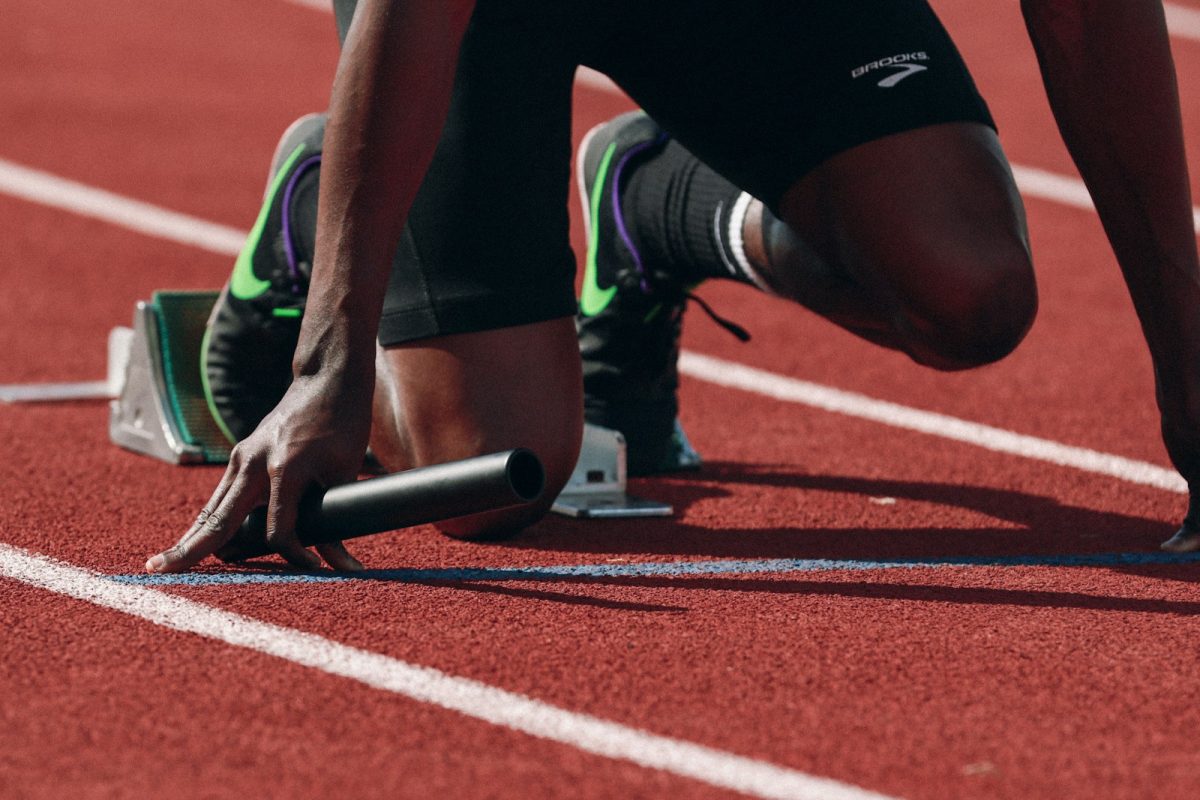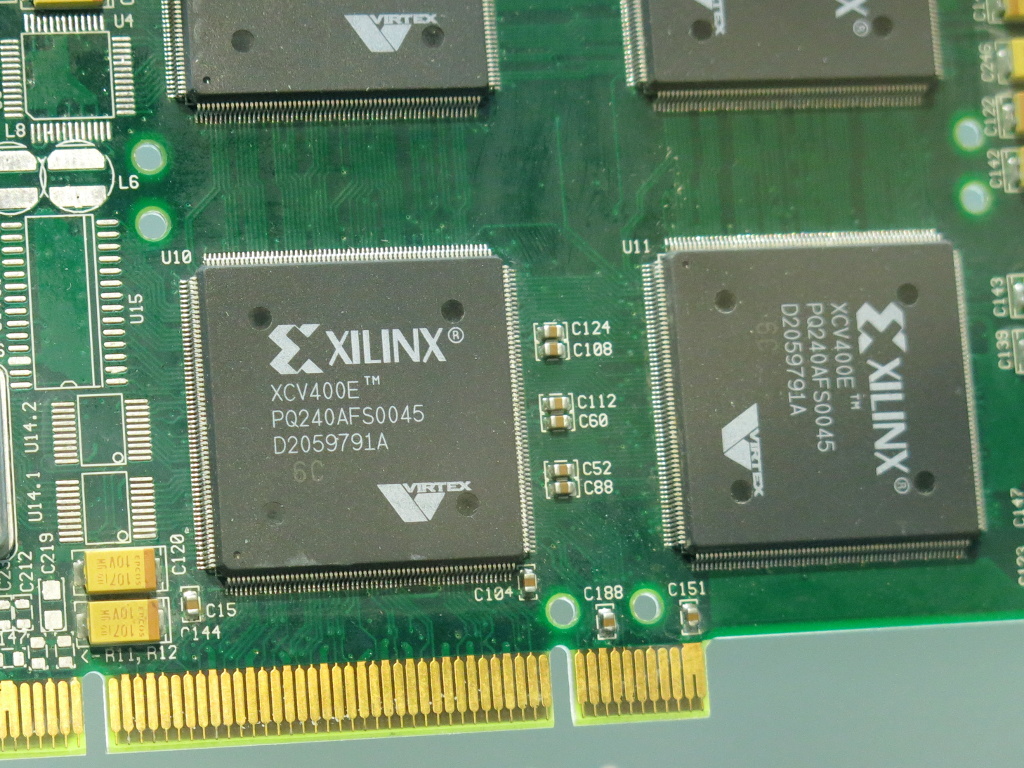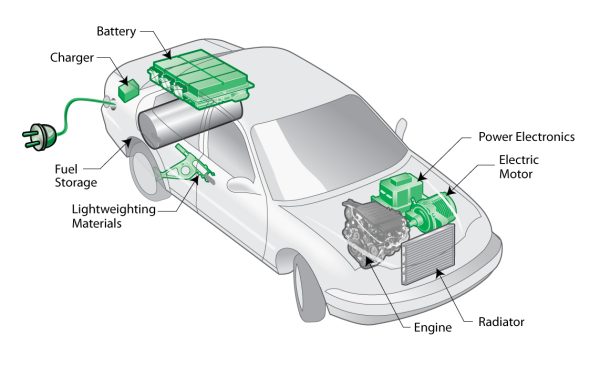How being an athlete can help academically
Introduction
Being an athlete takes up a lot of control over the mind and the human body, while doing sports is good for your physical health, it can also be helpful to your academic health. Academics push you to do your best. Improvements in your physical activity can boost your academic strive by a ton.
Typically at a young age children are put into different sports activities to give them something fun to do. Participating in physical activities throughout your childhood can improve cognitive skills. This means they can understand and acquire knowledge through thought. Being an athlete or just being psychically active teaches the importance of someone’s character or personality. Recognizing self-discipline, patience, leadership, and perseverance. Being able to acknowledge these traits can lead to greater success throughout peoples teenage years and adulthood.
Studies show that even just a short amount of exercise can show results quickly of academic achievement, basically, the more exercise the student gets, the more skilled their mental faculties and just general performance. Being a high level athlete means the student has to go to meets and games all the time, are forced to stay in shape, and attend weekly or even daily practices. Essentially only being an athlete can not necessarily decide your path to academic performance, particularly only being a varsity athlete does not mean you will automatically ace your physics test. Students still have to study for their success, although being an athlete can help keep your focus on the upcoming assignments. Focus is one of the most important values of an academic achiever because if you are distracted while studying for an exam you will not acquire accurate information.
Scientists have done studies with MRI scans to see if there is any distinction in non-athletes brains vs. athletes brains. The scans showed that people who have recently improved their physical exercise, scans displayed the hippocampus and frontal & temporal lobes have increased volume. This part of the brain is where cognitive functioning goes on. If the hippocampus volume is low, the person needs to get more physical activity in their system.
More studies showed that between young boys and girls academic performance was significantly increased after 17 minutes of exercise for males, and after 12 minutes for females. They also found that children who exercise on a daily basis are more academically inclined from the age 11 through 16. An additional 14 studies showed that 78% found one or more positive associations between school-based physical education and indicators of academic performance, the other 22% of studies did not find any significant association between physical activity and academic performance.
From a social view, sports bring people together and form a different type of community. Being involved with sports can help create new friendships and bonding with teammates. While students are enrolled in school they should try and make new friends. Making friends while in an educational setting is good for students’ mental health because they can communicate with someone without judgment while they may not find that sense of comfort in a guidance counselor. Having a friend or companion to talk to about school is good for the brain’s development and how to positively interact with others who are just as interested in the things you are, this also helps students with academic help.
Ultimately being psychically active and working hard can help reach any person’s academic achievement
Related Articles:
https://www.i9sports.com/blog/how-sports-help-kids-with-their-academics
https://www.rochester.edu/team/benefits-of-sports-to-students/
https://www.fnu.edu/the-link-between-sports-and-academic-performance/
























